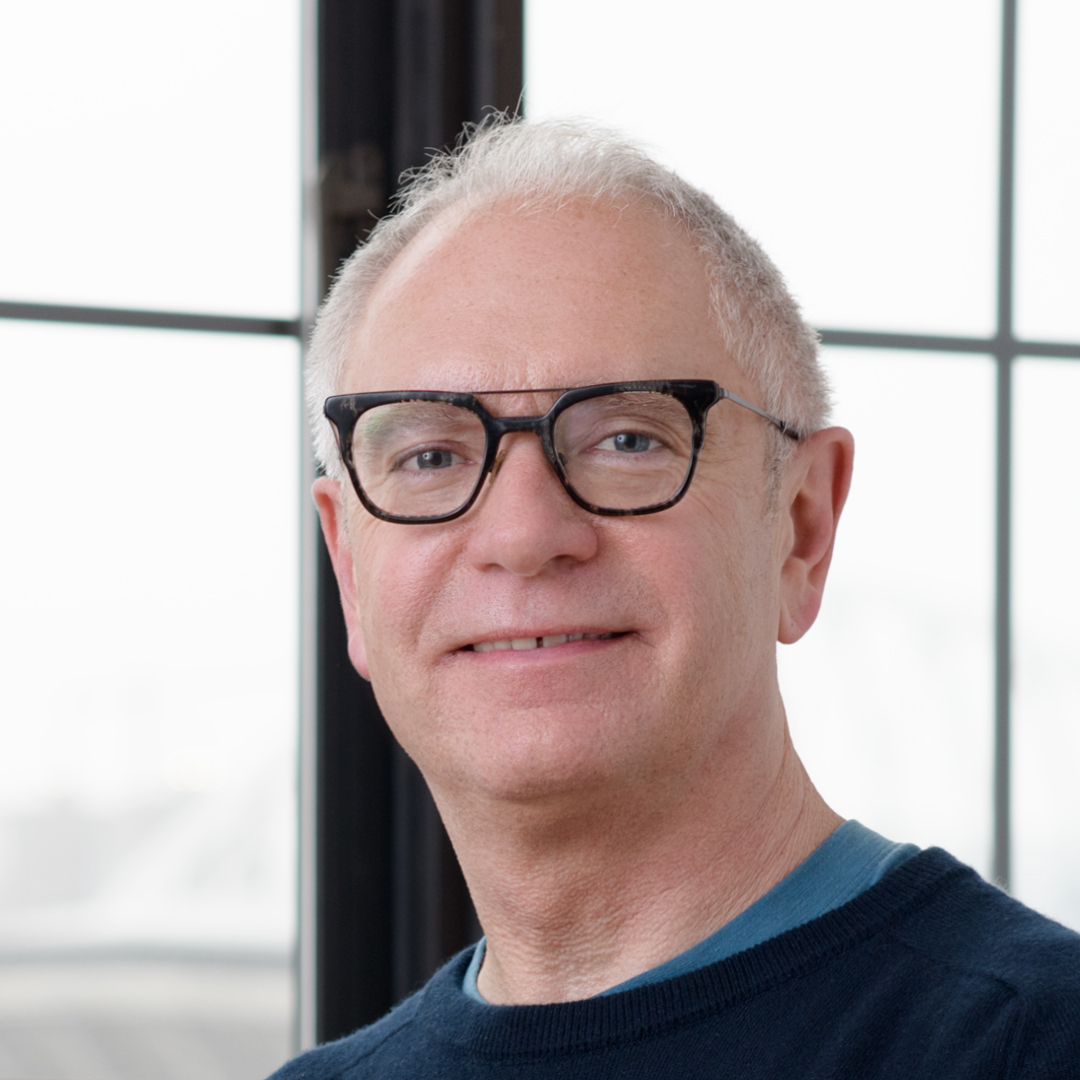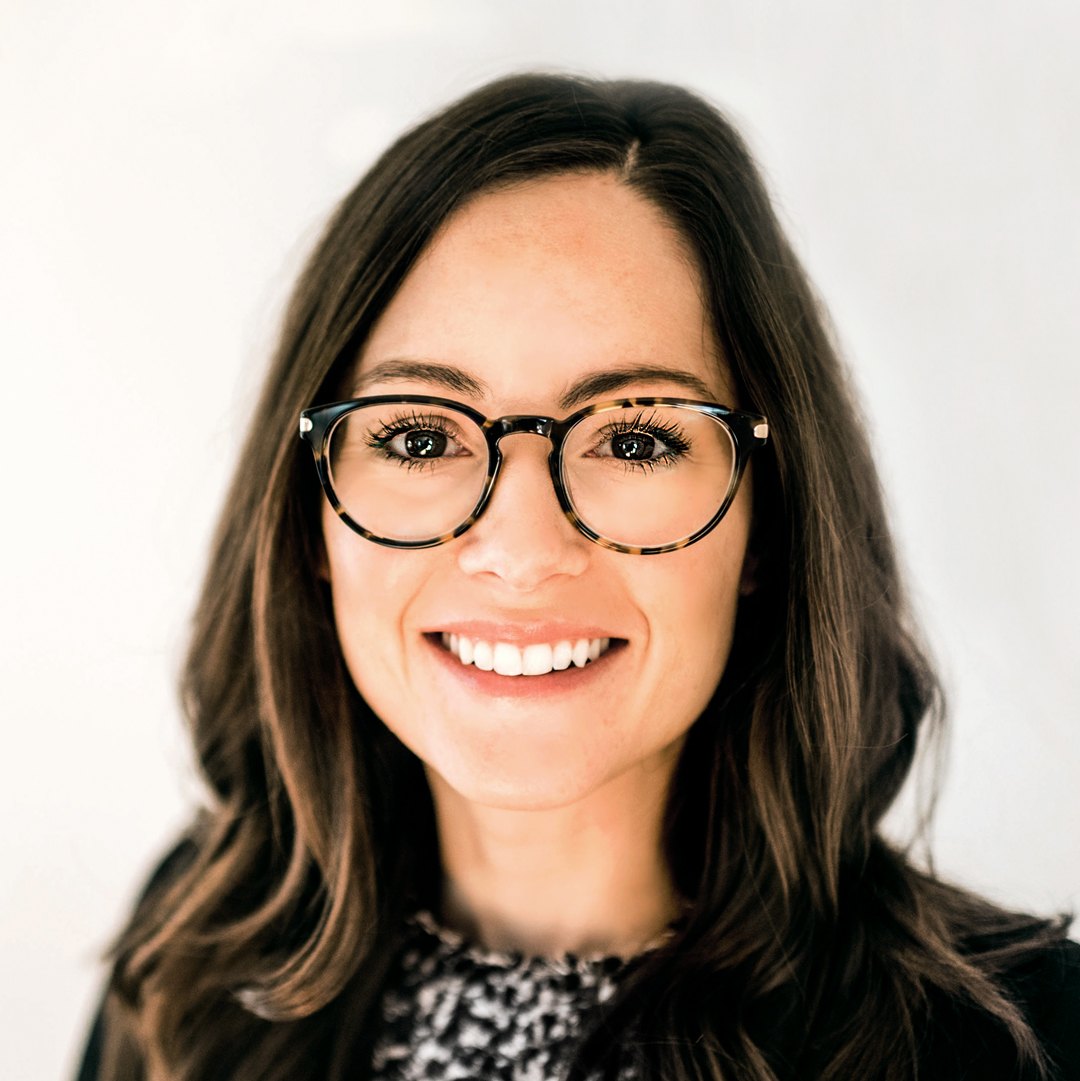|
Getting your Trinity Audio player ready... |
Project reprioritization, office design, and diversity and inclusion were just some of the main topics of conversation at the second Behind the Numbers: A Chief Accounting Officer Roundtable. The roundtable took place on December 9, 2020, in celebration of Profile’s 2020 Accounting issue and was sponsored by Calibr Merchant Solutions and hosted by Carlos Olea, chief accounting officer at the Howard Hughes Corporation.
Attendees included Raymond Siffel, managing partner at Calibr Merchant Solutions; Christine Harms, comptroller at the Arizona Cardinals Football Club; Chase Anderson, chief accounting officer and treasurer at Origin Bank; Brian Slagle, CFO at Lifetime Products, and Michael Schmit, chief accounting officer and corporate controller at SWM International.
Here are three of the main takeaways from the event:
1. Technology Helped Ensure a Smooth Transition
The pandemic forced companies to prioritize digital and automation projects that they previously kept pushing to the backburner, citing budgetary concerns or a perceived lack of interest. Harms noted that tools such as Tradeshift Go, DocuSign, and Salesforce have helped transform the way invoices are sent and payments are collected at the Arizona Cardinals Football Club.
2. The New Office Design
It’s important for companies to rethink their office spaces as more employees decide they do not have to go into a physical office, Olea said. Moving forward, companies will want to make sure they design and build spaces where people want to be, he said.
“You have to give them amenities, you have to give them opportunities for social lives,” Olea said. “You have to think about it completely different.”
3. Diversity and Inclusion Efforts Remain a Priority
The tumultuous summer events following the death of George Floyd emotionally impacted employees and was like “just adding salt onto the wound” for employees who were already negatively affected by COVID-19, Olea said. To this end, opening up the lines of communication was crucial to help keep employee morale up.
This was not easy to do when employees couldn’t even be in the same room, but efforts have been made, participants said. Harms noted that employees at her organization are even engaging in community outreach.
“As a club, we’re also having employees that want to be part of some decision, some change, some kind of efforts out in the community, who are now working with the Greater Phoenix Leadership Council in being able to provide some demographic information, statistical information, and volunteering their time,” Harms said. “That helps them to be able to feel like they’re putting their best foot forward in what’s maybe affecting their household and their family, and their dynamics of what’s going on in the world outside of COVID.”

